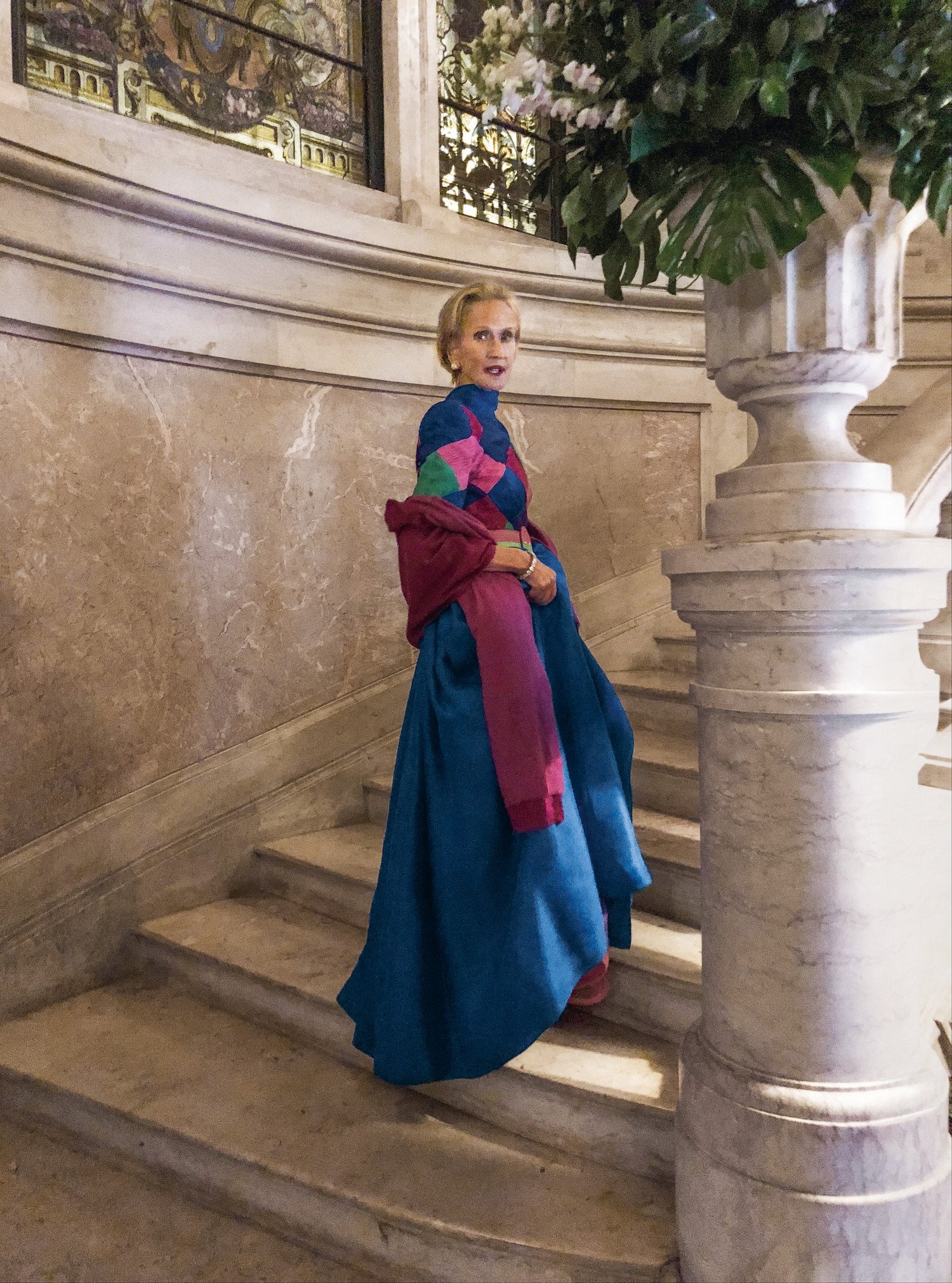
Christie’s, which announced two weeks ago the planned sale of Doris and Thomas Ammann’s Shot Sage Blue Marilyn (1964) by Andy Warhol, estimated to fetch around $200 million, will now sell the full Ammann collection.
Along with the Warhol, the trove is filled with masterpieces by artists including Elaine Sturtevant, Cy Twombly, and Robert Ryman.
The roughly 100-piece offering will be split into two auctions: an evening sale on May 9 of 36 works, and a 66-lot day sale May 10.
Christie’s did not respond to requests about the total presale estimate on the collection, nor any of it was guaranteed.
But the auction house said in a statement it was poised to be the highest-valued philanthropic auction since the sale of the Rockefeller Collection in 2018 for $835 million.
Andy Warhol, Flowers (1964). Image courtesy Christie’s.
Proceeds will benefit the newly founded Thomas and Doris Ammann foundation, which is “dedicated to improving the lives of children worldwide,” according to the auction house.
“To witness a philanthropic endeavor of this scale is as rare as it is remarkable,” Christie’s chairman of the Americas Marc Porter said.
Among the highlights is a rare version of Warhol’s Flowers made in the largest square format of the artist’s original 1964 series.
It is one of just nine Flowers works of this crop and scale. Two are in the Andy Warhol Museum in Pittsburgh, and one belongs to the Hirschhorn in Washington D.C.
Cy Twombly, Venere Sopra Gaeta (1988). Image courtesy Christie’s.
Other star lots include an untitled oil-on-linen work by Ryman from around 1961, estimated at $15 million to $20 million; Twombly’s Venere Sopra Gaeta (1988), also estimated at $10 million to $15 million; and Elaine Sturtevant’s Lichenstein But It’s Hopeless (1969–70), estimated at $600,000 to $800,000. Clemente’s The Fourteen Stations, No. I (1981–82) is expected to take in between $80,000 to $120,000.
Doris and Thomas cofounded the Zurich gallery Thomas Ammann Fine Art in 1977. After Thomas’s death in 1993, Doris continued to run the gallery and continued to be a devoted gallerist who championed artists for the lengths of their careers. She died in March 21, 2021 at 76.
Thomas Ammann with a Van Gogh painting. Image courtesy Christie’s.
According to Christie’s, part of what made the Ammanns so special was that they maintained boundaries between their collecting and dealing.
“You can’t collect what you want to sell,” Thomas Ammann said in a statement provided by Christie’s. “Because then either you sell all the good things, which is no fun; or you keep all the good things, which bankrupts you.”